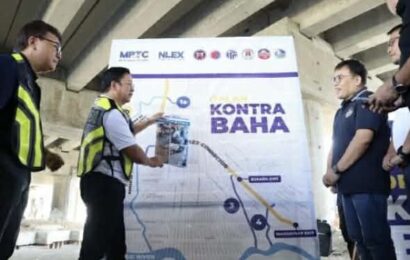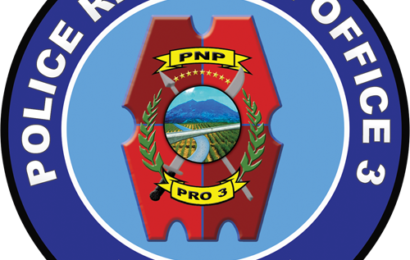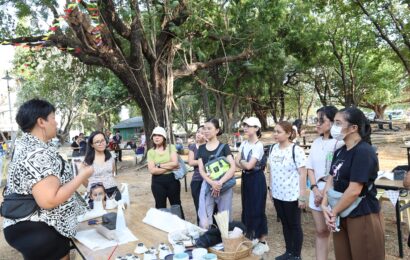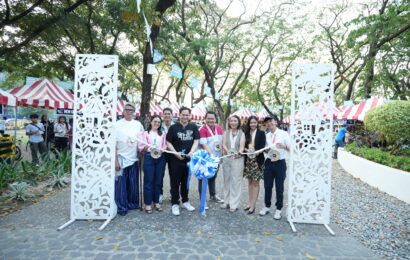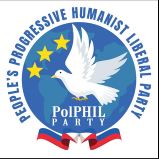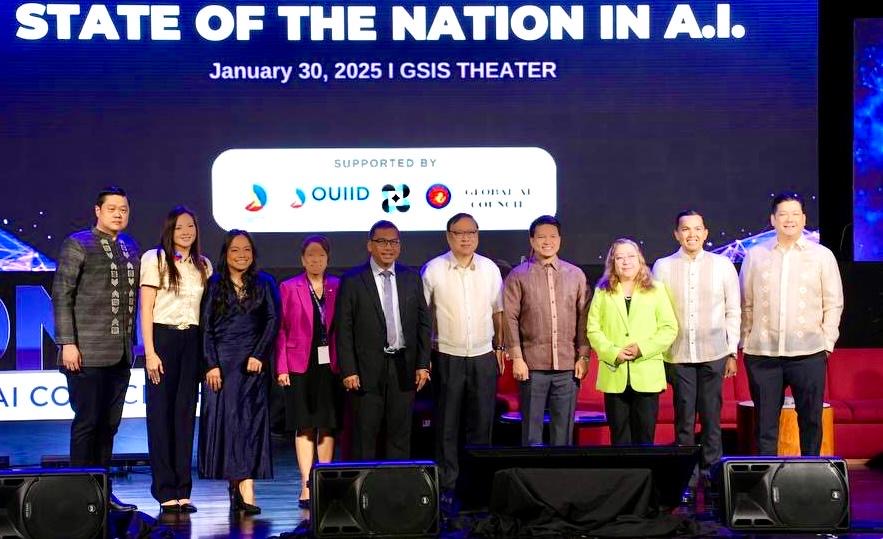
Pasay City, Philippines – The Global AI Council Philippines successfully launched its inaugural State of the Nation in AI (SONAI) 2025 on January 30 at the GSIS Theater.
This groundbreaking AI Congress marks the beginning of a national dialogue aimed at breaking silos, connecting government and private sector initiatives, and paving the way for the country’s AI roadmap.
The event serves as the first step in a broader initiative that will be followed by a compiled AI initiatives report and directory.
Meanwhile, prior to this, last January 28, the Department of Trade and Industry – Region 3 (DTI-3) and the Department of Information and Communications Technology (DICT) Region 3 held an Orientation on Digitalization and AI for MSMEs via Zoom Video Conference to provide MSMEs with the necessary knowledge on digitalization and artificial intelligence (AI).
Focused on Government Agency viewpoints, the first segment of the congress gathered key policymakers and industry leaders, including Secretary Ivan John Uy of the Department of Information and Communications Technology (DICT) and Secretary Renato Solidum Jr. of the Department of Science and Technology (DOST).
They were joined by Dr. Donald Lim, President
of the Global AI Council Philippines, in a discussion moderated by Atty. Mark Gorriceta, Secretary of the Global AI Council PH.
DICT Secretary Uy emphasized President Ferdinand Marcos Jr.
‘s vision of harnessing AI to
drive governance, connectivity, and cybersecurity, ensuring that its benefits reach every Filipino.
Meanwhile, DOST Secretary Solidum outlined the country’s AI roadmap, highlighting a P2.6 billion investment in AI projects spanning industries, healthcare, education, mobility, environment, and disaster risk reduction.
He reaffirmed the DOST’s goal of making the Philippines the AI Innovation Hub of ASEAN by 2040, stating, “By 2040, we envision that the Philippines will be the Artificial Intelligence Innovation Hub in the ASEAN region, driving the productivity and competitiveness of the country’s industries.”
Following the government discussions, the congress transitioned to private sector perspectives, featuring top executives from leading companies in key AI-driven industries.
The discussions were divided into three segments such as: The Frontier of AI – Moderated by Ms. Mel Migrino of the Philippine CIO Association; Driving Change in Key Industries – Led by Joel Santos of Thames; and Empowering Consumers in the AI Era – Facilitated by Henry Aguda of ICD.
Wrapping up SONAI 2025, Brian Poe Llamanzares, Chairman of the Global AI Council Philippines, underscored the importance of sustained efforts in AI development, sharing, “SONAI 2025 is not just for the council, but for the country. This initiative is about bringing everyone together to recognize the opportunities AI presents.”
Furthermore, Llamanzares emphasized the need for continued engagement, proposing SONAI as an annual congress to track AI progress and foster collaboration.
He concluded with a call to action, stating, “We may not have invented AI, and we may not be the biggest players in it right now, but we must be ready and open to the opportunities it brings.
These opportunities will only materialize if we continue these discussions and keep our voices heard.”
With SONAI 2025, the Global AI Council Philippines sets the stage for a more AI-driven, connected, and innovative future for the country— one that aligns with national development goals and global advancements in artificial intelligence.
DTI-3 orients MSMEs on Digitalization and AI
To equip micro, small, and medium enterprises (MSMEs) with essential knowledge on digitalization and artificial intelligence (AI), the Department of Trade and Industry – Region 3 (DTI-3), in collaboration with the Department of Information and Communications Technology (DICT) Region 3, conducted an Orientation on Digitalization and AI for MSMEs on January 28, 2025, via Zoom Video Conference.
A total of 100 MSME participants from Central Luzon and nearby regions attended the virtual session, highlighting the strong interest of local entrepreneurs in using digital tools to enhance their businesses.
Ms. Ofelia Tamayo-Borral, Digital Transformation Center Manager of DTC Central Luzon served as the resource speaker of the event.
Valuable insights on strategies that improve efficiency, innovation, and competitiveness among MSMEs were provided as well as the role of AI in streamlining operations, enhancing customer engagement, and fostering business growth in today’s digital economy were also discussed by
Tamayo-Borral.
DTI-3 Supervising Trade-Industry Development Specialist Jojo Toledo IV also underscored the significance of AI in business growth.
DTI-3 continues to hold activities in advancing the affairs of MSMEs in the region.
Coincide with SONAI 2025, the DTI-3 will maximize the use of artificial intelligence (AI) and digitalization, business model diversification, sector funding support, franchising opportunities, and strategic mentoring and learning initiatives are all highlighted in Cristina Aldeguer-Roque’s five-point agenda for MSME growth.

